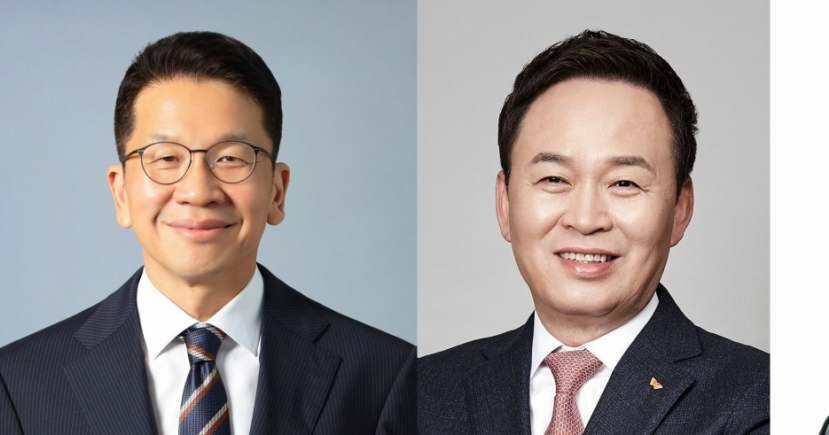Stocks & Bonds
Korea’s public ESG funds show lackluster performance
Korea’s funds with portfolios screened through environmental, social and governance criteria have seen their net asset value on the decline, data showed on Feb. 7.
 |
Of over 4,200 funds managed by Korean asset management firms, nine were committed to ethical investing. Their combined won-denominated net asset value fell 22.2 percent to 140.7 billion won (US$125.19 million) in 11 months as of Feb. 1, according to data compiled by market tracker FnGuide.
Four out of the nine funds -- exchange-traded funds and other funds offered to the public -- were non-existent as of February 2018.
Their NAV in February accounted for 0.6 percent of the entire Korean funds.
In general, the nine funds underperformed other publicly offered funds, even considering the impact on stock markets at home and abroad largely due to trade conflicts between the US and China.
According to FnGuide, the NAV of some 900 funds investing in Korean stocks shrank 16.45 percent in a year, while that of some 750 funds that bought offshore stocks dropped 15.77 percent.
None of the nine funds’ NAV gained over the cited period. Funds such as Mirae Asset TIGER MSCI Korea ESG Universal ETF and Mirae Asset TIGER MSCI Korea ESG Leaders ETF lost 41.3 percent and 44.9 percent in NAV, respectively. Some other funds such as KB KBSTAR ESG SRI ETF and Samsung KODEX MSCI Korea ESG Universal ETF took relatively narrower losses, by 3.5 percent and 8.4 percent, respectively.
Of the nine, Mirae Asset Global Investments managed four, while KB Asset Management managed two. Others were operated by Hi, Samsung and Hanwha, respectively. These publicly offered funds tracked indexes by providers such as MSCI, Korea Exchange and WiseFn.
This comes amid a surfacing move in Korea in tandem with global trend to encourage socially responsible investments through which investors take non-financial factors into account.
KRX Chairman Jung Ji-won said in December last year the bourse operator plans to strengthen listed companies disclosure of information related to environmental and social responsibilities, develop more ESG indexes and list more green bonds.
While there are other culprits behind ESG funds’ underperformance, imposing a stronger set of standards of disclosure on listed company, large and small, could be a breakthrough for index-tracking ESG funds, industry watchers said.
“ESG indexes have heavily relied on large-cap shares, because small-cap firms lack disclosed information related to ESG criteria, so their performance cannot be adequately evaluated,” a source from an index provider told The Investor on condition of anonymity.
By Son Ji-hyoung (consnow@heraldcorp.com)


![[Exclusive] Korean military set to ban iPhones over 'security' concerns](http://res.heraldm.com/phpwas/restmb_idxmake.php?idx=151&simg=/content/image/2024/04/23/20240423050599_0.jpg)




![[Herald Interview] Bridging Korea, Philippines for better future](http://res.heraldm.com/phpwas/restmb_idxmake.php?idx=151&simg=/content/image/2024/04/23/20240423050735_0.jpg)
